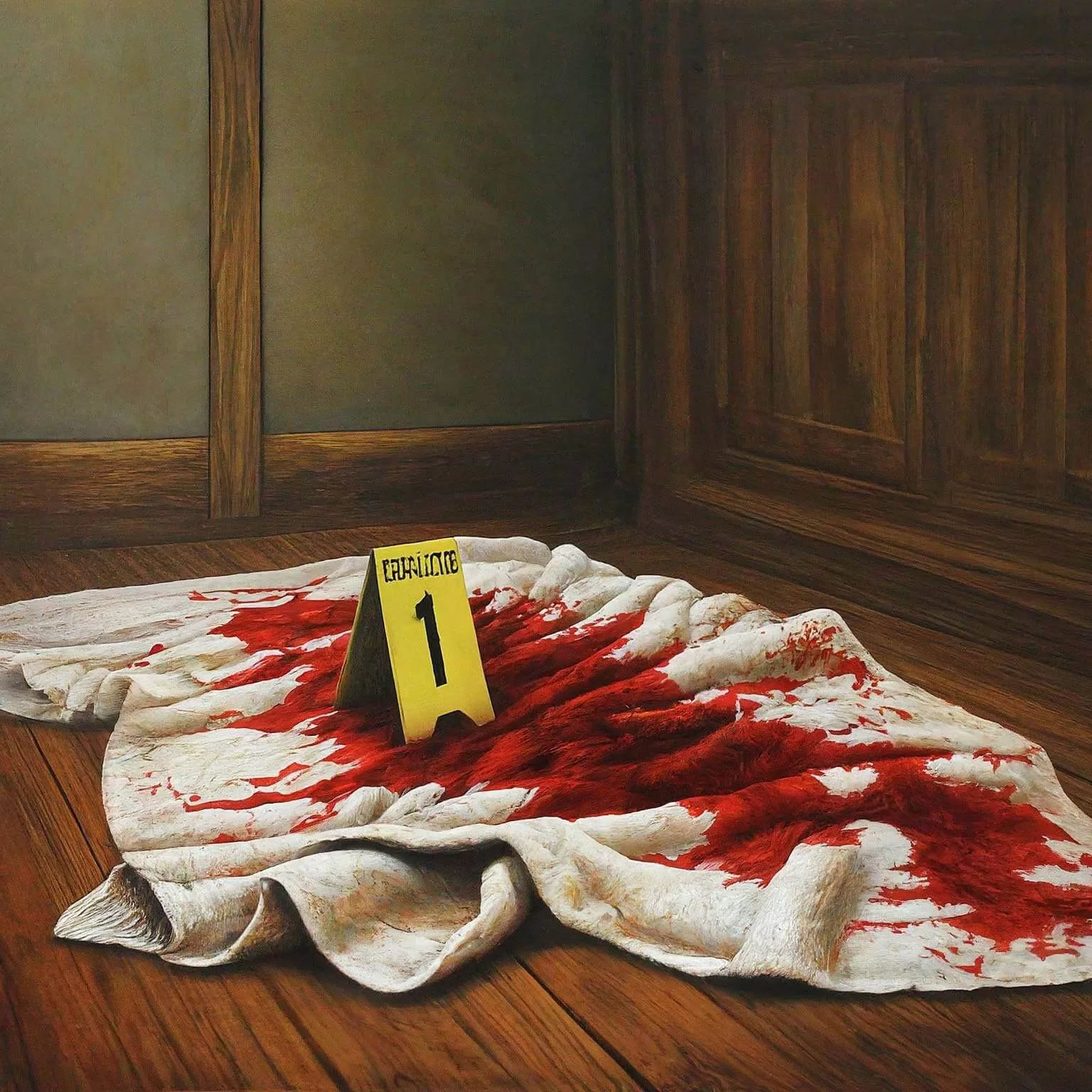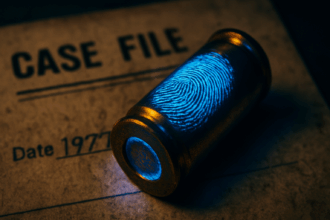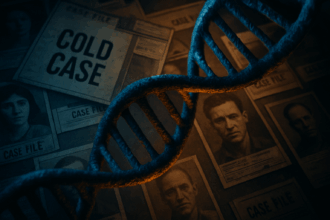In a major blow to the field of forensic science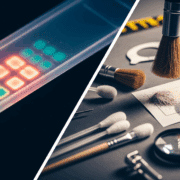
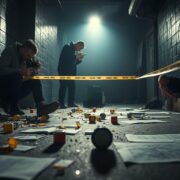
The Wrongful Conviction of Birch and Henning
Ralph “Ricky” Birch and Shawn Henning were wrongfully convicted for the brutal 1985 murder of Everett Carr in New Milford, Connecticut. Despite a lack of substantial forensic evidence, the prosecution’s case leaned heavily on Henry Lee’s testimony. Lee claimed that bloodstains found on a towel at the crime scene were evidence of the killers’ attempt to clean up. This testimony played a critical role in securing the convictions of Birch and Henning, who subsequently spent decades in prison for a crime they did not commit.
A Conviction Overturned
In 2020, a judge overturned the felony murder convictions of Birch and Henning after new evidence emerged, revealing that the stains on the towel were not blood. This revelation cast serious doubt on Lee’s testimony, leading to a federal wrongful conviction lawsuit against him, eight police investigators, and the town of New Milford. While the court has now determined Lee’s liability, the case continues with the determination of damages yet to be resolved.
Lee’s Storied Career and the Fallout
Before this controversy, Henry Lee had built an exceptional reputation in forensic science. His testimony in the O.J. Simpson murder trial, where he challenged the prosecution’s handling of blood evidence, catapulted him to fame. He went on to work in other high-profile cases such as the JonBenet Ramsey murder and the Phil Spector trial. However, the recent ruling has raised questions about the credibility of his testimonies in these cases and others.
The Disputed Testimony
During the trial of Birch and Henning, Lee testified that the killers might have managed to avoid getting much blood on themselves despite the brutality of the crime. His most crucial assertion, however, was that a towel found near the crime scene bore bloodstains, supposedly supporting the prosecution’s case. Post-trial testing revealed that the substance on the towel was not blood, directly contradicting Lee’s claims. This discrepancy played a key role in the federal judge’s ruling.
Judge’s Ruling and the Impact on Forensic Science
U.S. District Judge Victor Bolden delivered the ruling, pointing out the absence of photographic evidence or documentation to support Lee’s claim of having conducted a blood test on the towel. Additionally, the tests that were carried out did not show the presence of blood. Judge Bolden’s findings have dealt a severe blow to Lee’s professional credibility, and his involvement in other cases may now come under heightened scrutiny.
Lee’s Defense and the Future of His Career
Henry Lee has maintained his innocence, asserting that his conduct throughout his career has always been above reproach. Despite the ruling, Lee has expressed confidence in his work and insisted that he had never faced such accusations before. However, the damage to his reputation may have lasting effects, as the court’s decision could lead to a reevaluation of his previous work in forensic science and criminal justice.
Conclusion
The ruling that found Henry Lee liable for fabricating evidence in a decades-old murder case has sent shockwaves throughout the legal and forensic communities. This case underscores the critical importance of accuracyIn scientific and measurement contexts, "accuracy" refers to the degree of proximity or closeness between a measured value and the true or actual value of the measured quantity. Accuracy indicates how well a measurement reflects Read Full Definition and integrity in forensic testimony, as flawed evidence can lead to tragic miscarriages of justice. As the fallout from this ruling continues, the implications for Lee’s career and the broader field of forensic science remain to be seen. The criminal justice system, now more than ever, must emphasize the importance of reliable forensic practices to avoid similar miscarriages in the future.
The recent ruling holding Henry Lee liable for fabricating evidence in a murder case has sent shockwaves through the criminal justice system. It serves as a stark reminder of the potential consequences of flawed forensic testimony and the critical importance of upholding the integrity of evidence in any criminal investigation. As the legal proceedings continue, it remains to be seen how this revelation will impact the reputation of forensic science and the pursuit of justice in the future.



